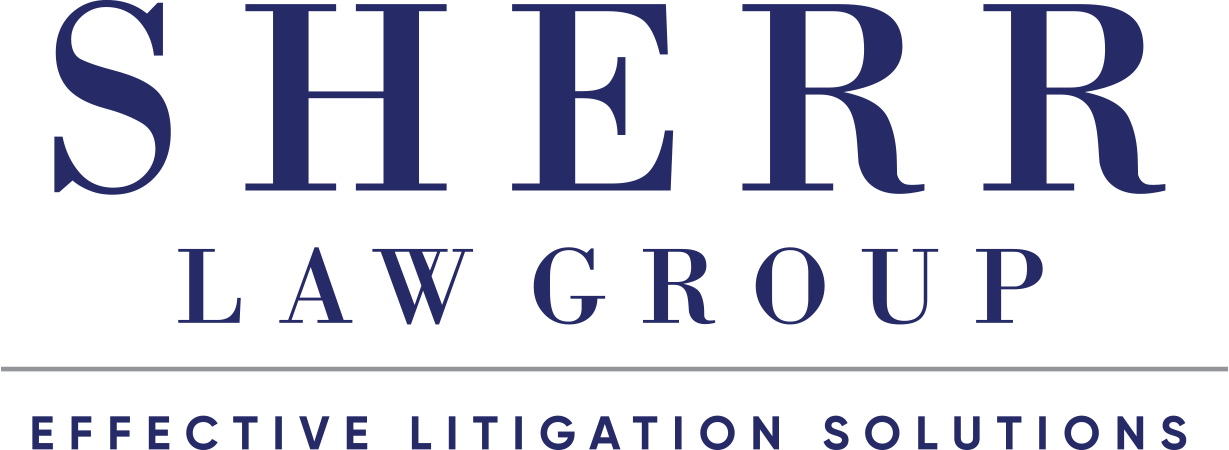
Demystifying the Executive Session in the Pennsylvania Sunshine Act
The Pennsylvania Sunshine Act is extremely narrow in its definition of an executive session. All too often, elected officials and their legal counsel label closed meetings “executive sessions” despite the narrow definition. Executive sessions can be broadly defined as meetings in which a prearranged quorum of elected officials may meet privately to discuss governmental business.
Why Executive Session Misuse Is a Common Legal Pitfall
One of the most common issues municipalities face under the PA Sunshine Act is mischaracterizing a closed-door meeting as an executive session. While this may seem like a harmless oversight, it can have serious legal consequences. Courts have increasingly scrutinized closed meetings, especially when transparency is called into question.
Municipal boards, councils, and authorities often rely on legal counsel to determine whether an executive session is appropriate. But even well-meaning solicitors can misinterpret the narrow standards laid out in the Pennsylvania Sunshine Law. If a session is later challenged and deemed improper, any decisions made — even indirectly — may be voided, opening the door to litigation.
Understanding what does and does not qualify under the Sunshine Act PA is essential to protecting your township’s governance process and preserving the public’s trust. Legal counsel familiar with municipal procedure and open meetings law can help municipalities avoid costly missteps.
When Meetings may be Closed to the Public
When determining whether a meeting may be closed to the public, consideration must be given to the manner in which an executive session is defined by the Act. Executive sessions may take place to discuss:
- Matters involving employment*
- Matters related to negotiation or arbitration of a collective bargaining agreement, labor relations and arbitration
- Meetings to consult with an attorney or other professional advisor regarding confidential information or strategy in connection with litigation
- Meetings to review and discuss agency business which, if conducted in public, would violate a lawful privilege or lead to the disclosure of information or confidentiality protected by law
There are no other basis executive sessions can be held under the Pennsylvania Sunshine Act.
Timing on Notification of Executive Session
The PA Sunshine Act provides the procedure through which executive sessions may be held. A frequently misunderstood area is that in order to be proper, an executive session must be announced at the open meeting at which the executive session will be held; or during the meeting prior or subsequent to the executive session.
Common Misunderstandings About Executive Session Announcements
Another key misunderstanding under the PA Sunshine Law is the requirement around announcing executive sessions. Simply saying “We’re entering executive session” isn’t enough. Courts have signaled that vague or generic announcements — especially related to litigation — may not satisfy legal standards.
When it comes to litigation, specificity is key. For example, rather than simply stating, “This session is about litigation,” it’s more appropriate to note the specific type of litigation, such as “pending personnel litigation,” or “anticipated litigation involving [department or issue],” without revealing confidential details. This level of clarity shows good faith compliance with the Pennsylvania Sunshine Act and builds trust with the public.
Clear documentation and consistent announcement practices help reduce the risk of challenges and accusations of secrecy. If your municipality frequently holds closed sessions, consulting with Philadelphia civil litigation attorneys is a smart move to ensure you’re staying on the right side of the law.
Some Courts have required great specificity with respect to what is being announced particularly with respect to litigation matters. The most important aspect of understanding executive sessions is that all official action must be done at an open meeting.
The Official Determination
The determination as to whether a meeting is properly characterized as an executive session, should be based upon a strict interpretation of the statute. Pre-arranged meetings of a quorum of the governmental entity to discuss township business which do not specifically fit within one of the six enumerated categories must be open to the public. Additionally, matters such as negotiation of lawsuits which include both sides of litigation have generally been classified as non-executive sessions. In this regard, an executive sessions must only include those people who would preserve the attorney/client privilege. Thus, anybody present at an executive session who destroys the attorney/client privilege would render the meeting an improper executive session.
A Word of Caution
Because executive sessions, mistakenly labeled, could have the effect of undoing all Township business transacted, solicitors and elected officials should be extremely cautious in declaring a matter an executive session. Further caution should be used in the manner in which the executive session is announced.
Quasi-Judicial Deliberations
Finally, quasi-judicial deliberations are excepted from the PA Sunshine Act pursuant to 65 Pa. C.S. §716 indicating that quasi-judicial deliberations shall not fall within the scope of the chapter. Despite this language, the Courts have still required governing bodies to follow the procedures for an executive session when dealing with quasi-judicial deliberations. Some Courts have gone so far as to call quasi-judicial deliberations executive sessions.
Quasi-Judicial Sessions: Best Practices for Transparency
While quasi-judicial deliberations are technically exempt from the Sunshine Act PA, that exemption comes with its own gray areas. Courts have shown inconsistency in how they interpret these sessions — sometimes labeling them as executive sessions retroactively. To reduce confusion and potential legal risk, the safer path is to treat these meetings as though they fall under the PA Sunshine Act.
That means announcing them in public meetings, even if you’re not legally required to. Doing so builds transparency and minimizes any appearance of backroom decision-making. It also aligns your procedures with what some Pennsylvania courts have hinted is the better legal standard.
Municipalities that adopt a cautious, consistent approach not only protect themselves from lawsuits but also maintain stronger public confidence. Partnering with legal counsel who understands the nuances of Pennsylvania Sunshine Law helps you stay on firm ground even as court interpretations evolve.
We believe that the better practice would be to announce all quasi-judicial meetings in the same manner as executive sessions to avoid this trap.
In Summary
There are only a few narrowly defined areas where a quorum of a governing body may exclude the public from their meeting. The provisions of the Sunshine Law setting forth the categories which may be discussed at an executive session must be strictly construed. The executive session, once properly categorized, must then by properly announced. It is also recommended that although excepted from the Sunshine Law, quasi-judicial deliberations should be announced in the same manner as executive sessions. By following these guidelines, you should be able to avoid wrongfully closing a meeting, and having the action taken vacated.
Partnering with Civil Litigation Attorneys for Compliance
Violating the Pennsylvania Sunshine Act may not always be intentional — but that doesn’t prevent the fallout. Allegations of improper executive sessions can result in delayed decisions, nullified votes, or even lawsuits. That’s why working with knowledgeable Philadelphia civil litigation attorneys is essential for public bodies that want to operate confidently and transparently.
At Sherr Law Group, we’ve helped boroughs, cities, and municipal boards across the state navigate Sunshine Law compliance, respond to legal challenges, and revise meeting protocols. From advising on closed-session strategy to reviewing public notices and minutes, we provide practical, preventive guidance that helps local governments avoid problems before they start.
Whether you’re facing a current challenge or simply want to ensure your procedures hold up to scrutiny, our team is here to help. With deep knowledge of municipal law, open government practices, and courtroom strategy, we’re a trusted partner to public officials who want to do things the right way — and keep their decisions legally secure.
*The caveat that should the employee whose employment is being discussed at the executive session so desire, such matter or matters must be discussed at an open meeting.



